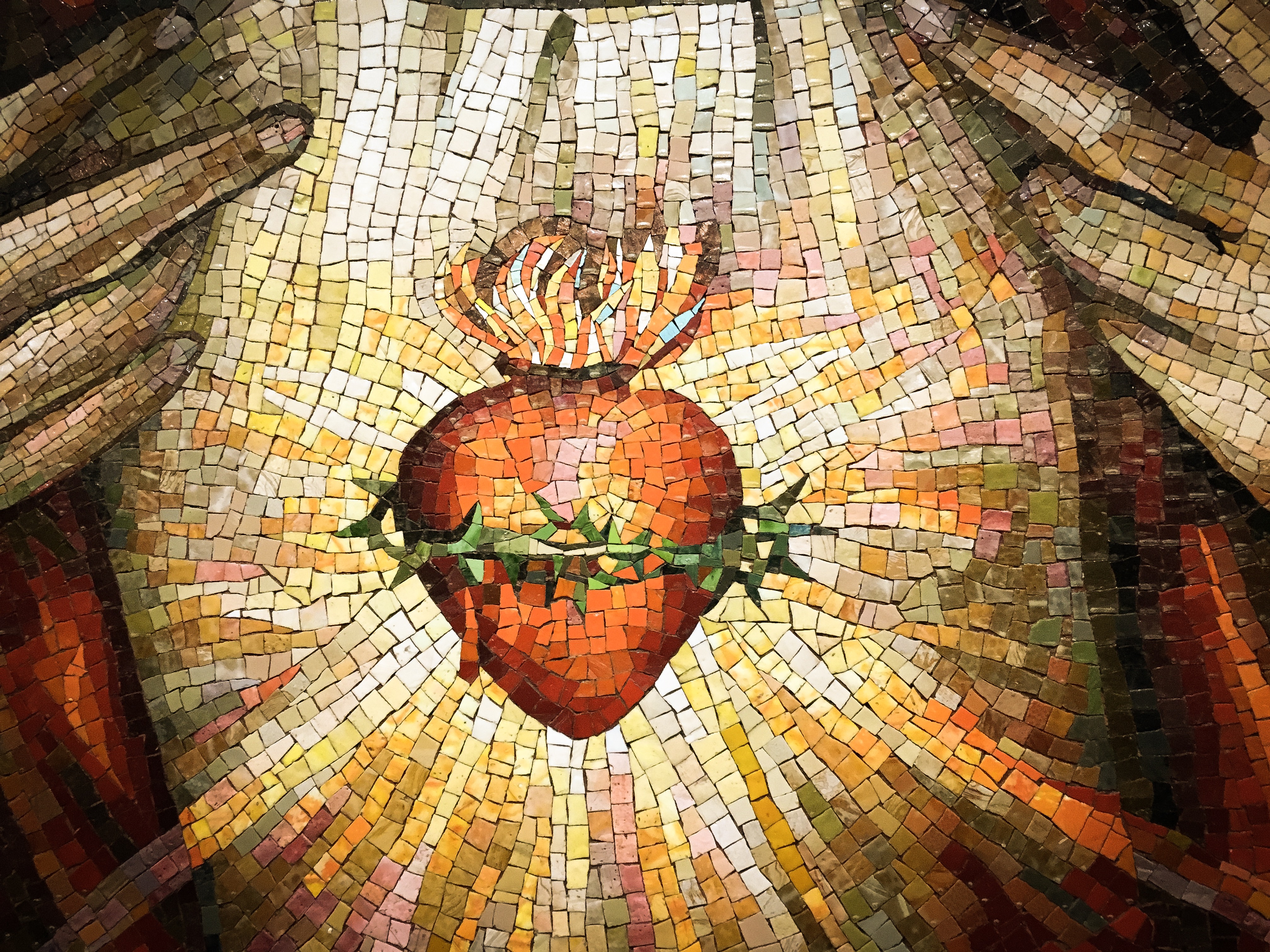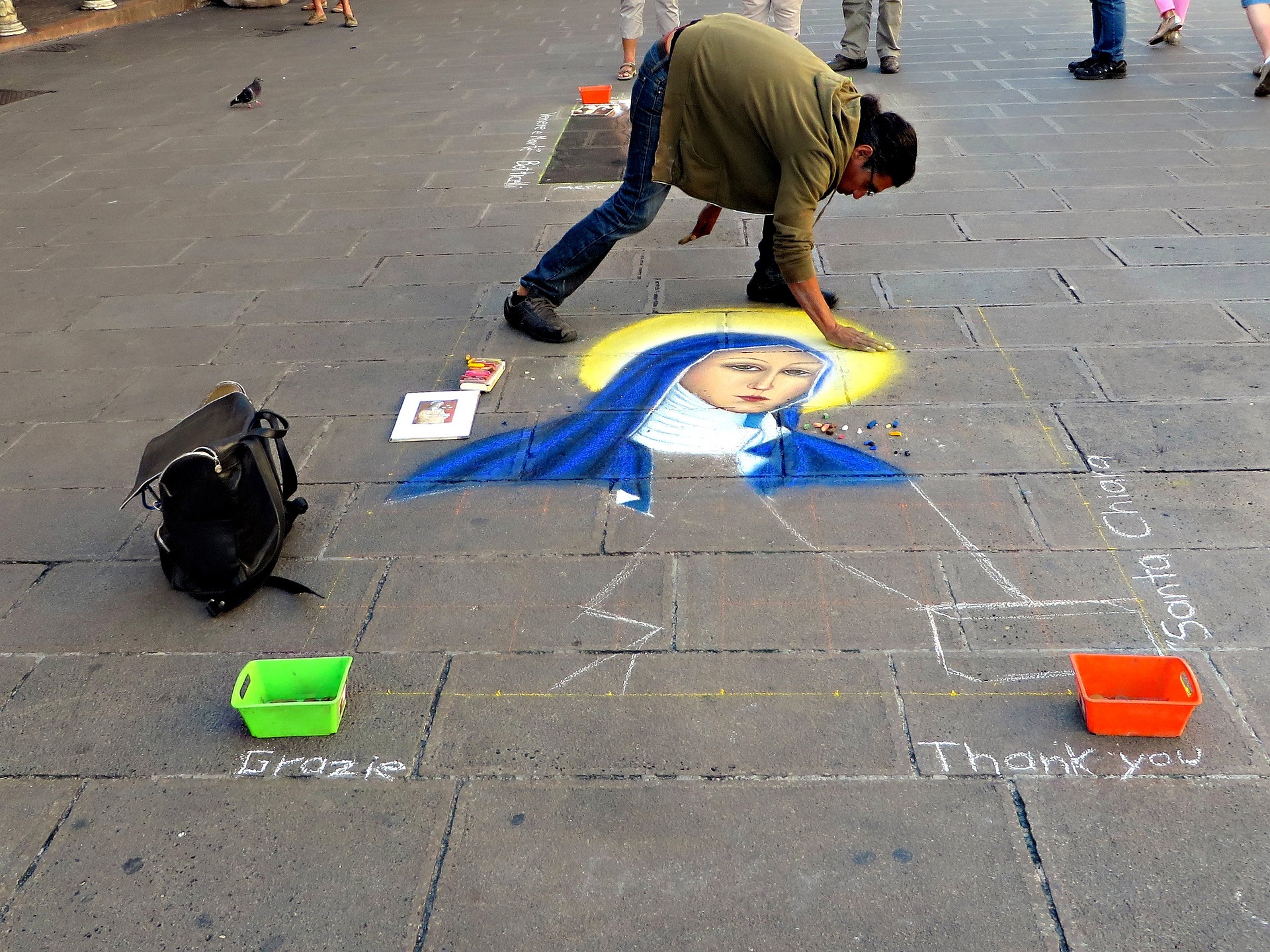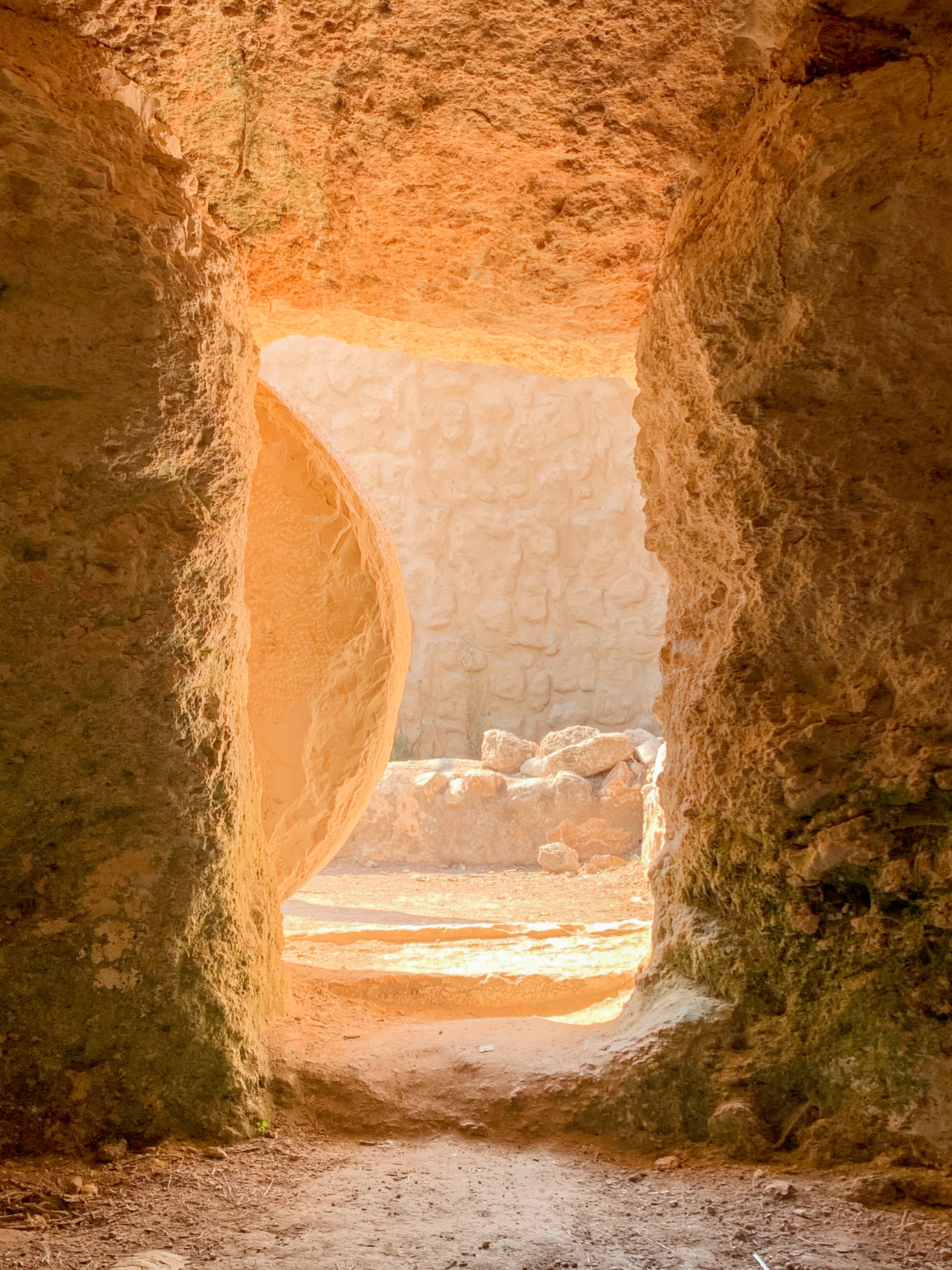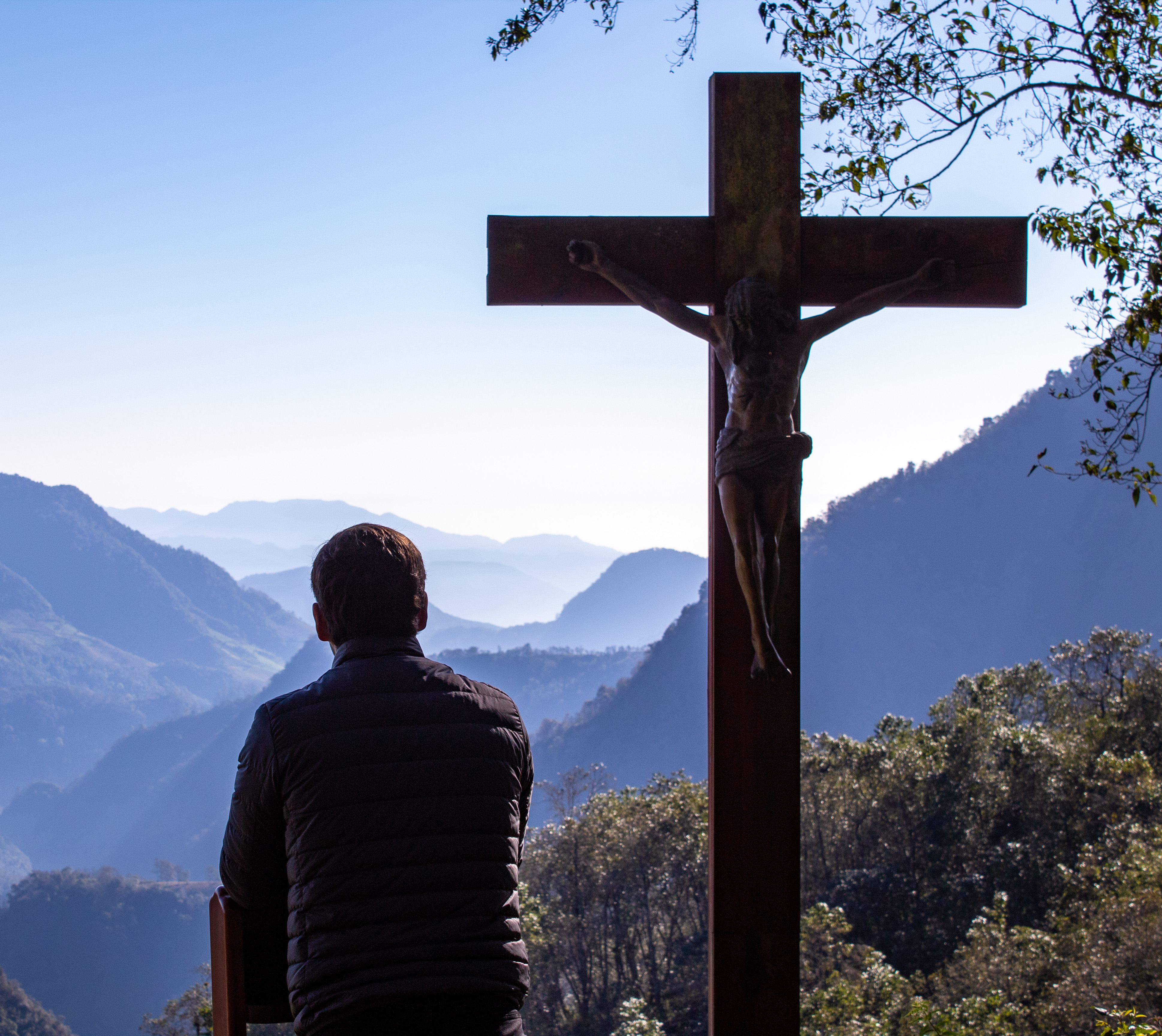In today’s Gospel, Jesus is questioned by the Pharisees about the greatest commandment. Jesus responds with not one but two great commandments. As Catholic Christians we are called to follow both of these commandments with our entire being. Loving God with all our heart, mind and soul, is first. Loving our neighbor as ourselves means treating others with kindness and compassion, just as we would want to be treated. We are all made in the image and likeness of God and therefore deserve to be treated with respect and dignity. We are called to love all people, regardless of their background or beliefs.
Pope Francis in his 2023 Holy Thursday homily spoke about imitating Jesus’ spirit in our daily lives helping each other, not following worldly ways of cheating or taking advantage of one another. He emphasized that simple gestures with ‘nobility of heart’ are necessary for each of us so that the injustices of our world can be overcome.
Our world needs to love our neighbor, going beyond just treating them with basic decency. It means going out of our way to help others, to be there for them when they need us, and to love them as we love ourselves. This love should extend not just to our family and friends, but to everyone we encounter, even those we find challenged to love. By doing so, we can create a world that is more just, more loving, and more faithful to the teachings of Jesus Christ.
We must constantly strive to love others as He loves us, putting their needs before our own and seeking to build up the Kingdom of God on earth. May we always remember these important commandments and strive to live them out in our daily lives.
En el evangelio de hoy, Jesús es interrogado por los fariseos sobre el mandamiento más importante. Jesús responde no con uno sino con dos grandes mandamientos. Como cristianos católicos estamos llamados a seguir estos dos mandamientos con todo nuestro ser. Amar a Dios con todo nuestro corazón, mente y alma, es lo primero. Amar a nuestro prójimo como a nosotros mismos significa tratar a los demás con bondad y compasión, tal como nos gustaría ser tratados. Todos estamos hechos a imagen y semejanza de Dios y por lo tanto merecemos ser tratados con respeto y dignidad. Estamos llamados a amar a todas las personas, independientemente de su origen o creencias.
El Papa Francisco en su homilía del Jueves Santo este año habló sobre imitar el espíritu de Jesús en nuestra vida diaria ayudándonos unos a otros, no siguiendo formas mundanas de engañarnos o aprovecharnos unos de otros. Hizo hincapié en que los gestos simples con ‘nobleza de corazón’ son necesarios para cada uno de nosotros para que las injusticias de nuestro mundo puedan ser superadas.
Nuestro mundo necesita amar al prójimo, yendo más allá de tratarlo con la decencia básica. Significa hacer un esfuerzo grande para ayudar a los demás, estar presentes cuando nos necesitan y amarlos como nos amamos a nosotros mismos. Este amor debe extenderse no solo a nuestra familia y amigos, sino a todas las personas que encontremos, incluso las que es difícil amar. Al hacerlo, podemos crear un mundo que sea más justo, más amoroso y más fiel a las enseñanzas de Jesucristo.
Debemos esforzarnos constantemente por amar a los demás como Él nos ama, anteponiendo sus necesidades a las nuestras y buscando construir el Reino de Dios en la tierra. Que siempre recordemos estos importantes mandamientos y nos esforcemos por vivirlos en la vida diaria.
 Beth Price is part of the customer care team at Diocesan. She is a Secular Franciscan (OFS) and a practicing spiritual director. Beth shares smiles, prayers, laughter, a listening ear and her heart with all of creation. Reach her here bprice@diocesan.com.
Beth Price is part of the customer care team at Diocesan. She is a Secular Franciscan (OFS) and a practicing spiritual director. Beth shares smiles, prayers, laughter, a listening ear and her heart with all of creation. Reach her here bprice@diocesan.com.
Feature Image Credit: Gerardo Javier Juarez Martinez, cathopic.com/photo/8585-sagrado-corazon











